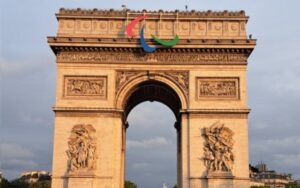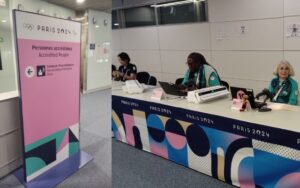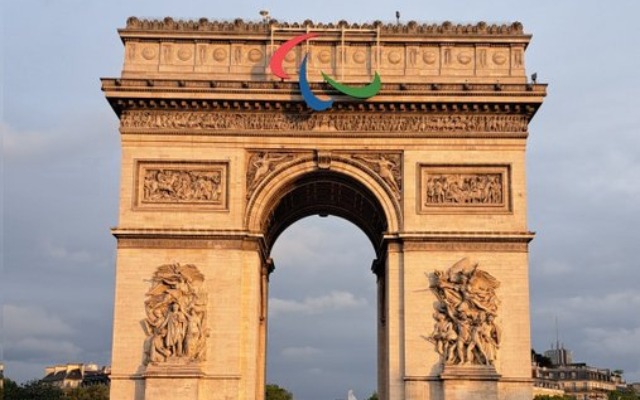
Back to the MPC, the very same stadia and the same host city. On the way to start my first Paralympics coverage in Paris, I am excited. Excited to be able to witness true stories of grit and determination of those that are the truest fighters – our Paralympians.
Back home for a few days after the Olympics, we left Kolkata this morning for Paris. Over the next couple of weeks, we are set to document India’s journey in Paris yet again. My first-ever interaction with a Paralympic athlete was with Deepa Malik at the first RevSportz Trailblazers Conclave in 2023. Deepa ji was full of energy and fun at dinner the first evening, and it was hard to imagine the immense struggle that has been her life. Paralympics is a movement that deserves as much attention in our country as the rights of women or labour rights. Perhaps Paris 2024 will mark an arrival.
Para-sport remains a virgin field so far as a more general public perspective is concerned. For one, there are different categories depending on the degree of disability, which lacks understanding. Second, there has been an almost non-existent media narrative on para-sport until very recently. Sport in our popular psyche is a thing for the able-bodied. A reason why boys have always been encouraged in sport more than girls. Boys and men are supposed to be stronger and more able to pursue strenuous sporting activities. In traditional or tribal societies, sport had been a field for the display of male prowess, power and leadership. And while that perspective has taken a beating over the last two decades or more, it still holds ground for para-athletes. That’s what makes the Paralympics a movement in the wings – a revolution waiting to happen.

I remember my first meeting with para-badminton champion Manasi Joshi. Manasi is one of the best spoken and most articulate athletes that I have encountered. I had done my research on Manasi before our meeting where I was to interview her, an interview that was going to be recorded. Manasi started the interview with the introduction, ‘Hi, I’m Manasi Joshi and I play para-badminton’. That took me aback somewhat. Manasi is a name in her field, she is a star. And yet, she assumed an introduction was in order. While that spoke to the negligible narrative around para-sport in our mainstream media, it was also like a mission statement. A mission for greater visibility, a mission that can come into its own this time in Paris.
The Paralympics is a mission larger than the medals, though we do expect a good number this time in Paris. With a focus on the Paralympics over the next couple of weeks, we have the prospect of furthering the rights of the differently abled and disabled in each and every instance. Rights are subject to sensitisation, and what better way to sensitise than have our para-athletes raise the tricolour. Or through the celebration of their different journeys. If the rights of the girl child have been strengthened over the years and been built on breakthrough women’s narratives of grit and determination, then why not the rights of the differently abled or the disabled?
If we are looking to make our country and our culture ever more inclusive and participatory, then it stops nowhere! With our para-athletes as figures of empowerment, we can now make the disabled and differently abled more seen and heard, and more a part of our national narrative. For far too long, way too many groups of people have been made invisible by our narratives of normativity. Let’s claim this Paralympics!




